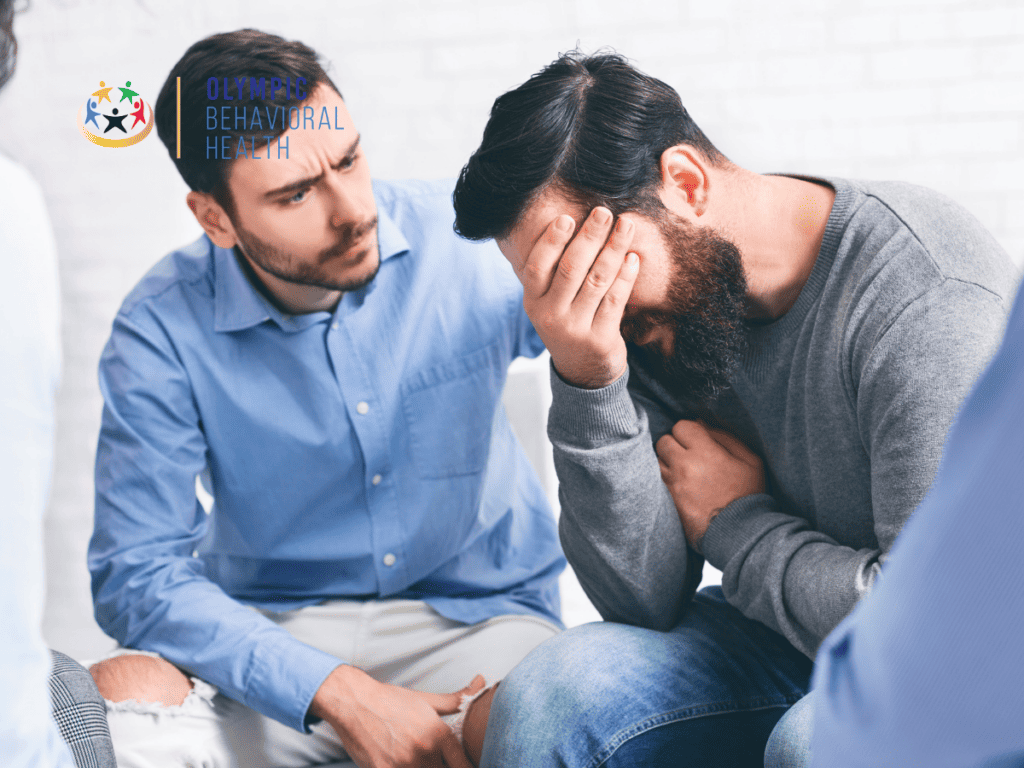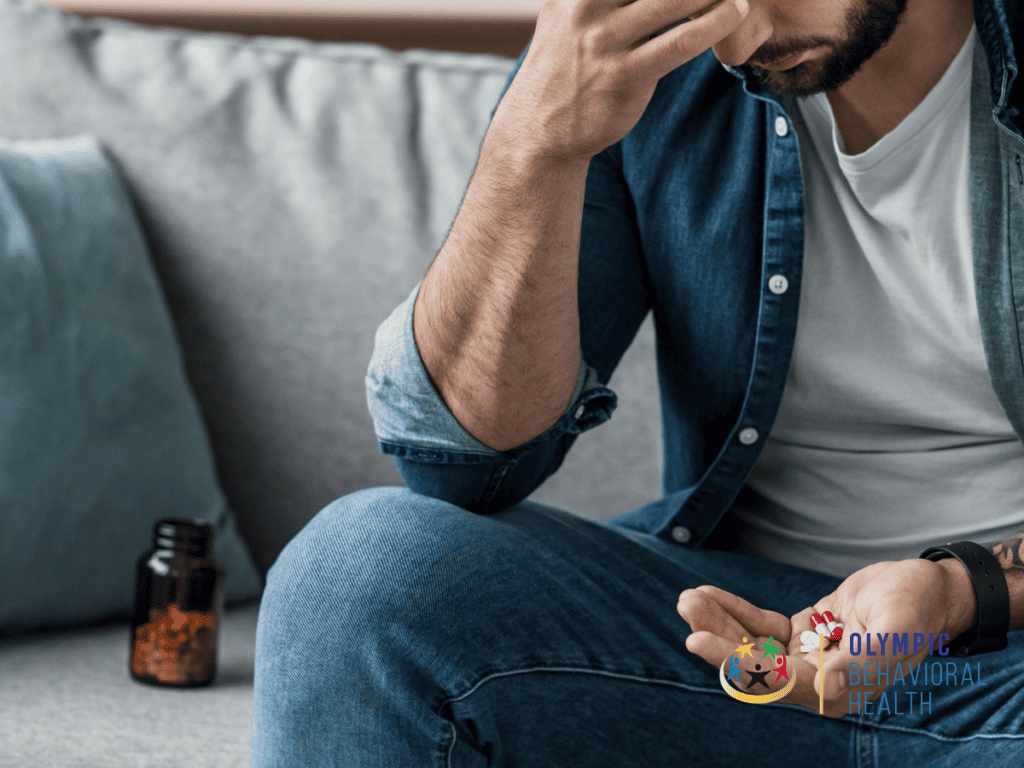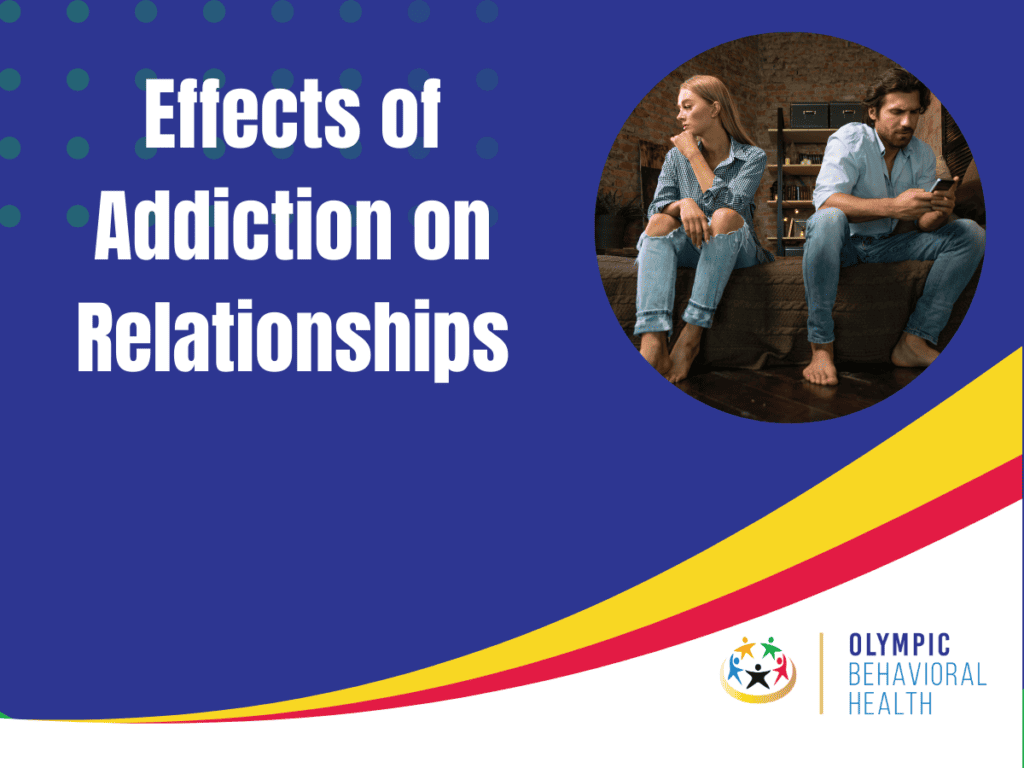Addiction does no one or anything no favor. It’s like a wildfire, consuming everything in its part. All aspects of life, including relationships, are affected. Whether it is a relationship with a partner, children, parents, friends, boss, or co-worker, addiction leaves ruins its path. Many people with addiction issues are not able to work because they can’t keep healthy work relationships, hence going even deeper in the hole of substance abuse.
The critical elements of a healthy relationship include trust, respect, open communication, and taking responsibility, among others. Unfortunately, it is very difficult for someone with substance abuse issues to maintain any, let alone all, of these elements. Their thoughts and desires are about the substance – how to get and use the substance. They essentially have no personality, hence it is impossible to maintain or build any relationship.
If you have a partner, parent, or friend with addiction issues, it is treatable. They can recover completely and recover their personality or even go on to be better people.

What are the examples of Relationships Affected by Addiction?
Marriage or intimate relationship: there is no better place to start this conversation than with intimate relationships because of the emotional commitment and more. If a partner falls into the hole of addiction, it becomes trouble not just for one but both of them. As it eats the fiber and essence of their being, they are no longer able to love as they ought to. The substance becomes the priority as the person becomes unrecognizable to his or her partner. Trust and respect are destroyed.
Family: this involves parent-children and sibling relationships. If a member of a family is using drugs, the life of everyone else could become a mess, especially if it’s a parent. The limited resources of the family can be used to buy drugs, hence making survival more difficult. Also, in a bid to support the affected person, the lives of everyone else may revolve around the person, affecting the balance of relationships in the home. It often complicates the lives of children and leads to divorce.
Work: work relationships are another very important relationship in our lives that can be destroyed by addiction. For a productive work life, we often have to work in a team and with bosses. Working in a team involves open communication and accepting responsibility, which are difficult to do when struggling with addiction. Therefore, many people can’t keep up, so they stop working entirely.
Friends: there are different categories of friends; some are almost like families while others are casual. Addiction affects all of these categories as it takes away the pleasure in some activities you share with those friends. Keeping up with responsibilities among friends also becomes more difficult.
Note: healthy relationships are very essential to living a productive and ‘happy’ life. Even the most introverted person ‘comes alive’ among their ‘people’. Therefore, if you are experiencing a breakdown of relationships because of addiction, seek help immediately.
Drug Addiction and Codependency
More often than not, codependency plays out in a relationship with an addicted person. When a family member is addicted, the lives of virtually everyone else revolves around the addiction, providing help and support the best way they can. Unfortunately, this is often done wrongly, leading to a sense of satisfaction from being depended upon by the addicted person.
A good analogy of codependency is a parent buying drugs for an addicted child to stop him or her from going to dangerous places to get it or to prevent withdrawal symptoms. Unfortunately, the parent is enabling the addiction and making it difficult for the addicted child to recover, despite not being the intention.
According to a study, codependency was found to be much higher in women married to addicted partners. It enables the addicted partner to keep self-destructing while the other partner enjoys the feeling of being needed. The following signs are common in individuals who tend to become codependent:
- Fear of being abandoned
- Low self-esteem
- Feeling of being responsible for the thoughts and feelings of a loved one
- Find it hard to say ‘no’
- Acceptance of their help is attached to their feelings of being accepted.
- Mistake pity for love
- Need approval from others
- Hero complex – a feeling of saving others
- Do more than they need to do in a relationship
- Feel guilty asserting themselves
Note: codependent people often lose themselves in the pursuit of saving others. They stop paying attention to their own needs. This road can lead them to depression and anxiety, where they will also need saving.

What are the Enabling Behaviors for Drug Abuse or Addiction in a Relationship?
Codependent people often deny being enablers of addiction despite encouraging, directly or indirectly, loved ones to keep using drugs. Therefore, it is important to know what behaviors are considered enabling. Examples are:
- Denial: denying a loved person has a problem despite obvious signs is an enabling behavior
- Using drugs with the addicted: if you are using drug with an addicted person, so they won’t be ‘alone’, you are an enabler.
- If you ever find yourself making excuses as to why a loved one is using drugs, you are an enabler.
- Taking over the responsibilities of the loved person, especially when you don’t have to
- Treating the addicted person like a child while act like a superior
- Enduring, with the thought the addiction will get better on its own: addiction does not get better on its own, the hole gets bigger and bigger. Get intervention once you recognize the symptoms.
What are the Effects of Codependency and Enabling Behaviors?
How does an addicted person realize they need help if they don’t face the consequences of their actions? Ultimately, it damages everyone involved, affecting their health and finances, among others like:
- Exposure: other family members may be exposed to the substance, hence they have a high risk of using and eventually becoming addicted too
- Responsibilities: maintaining responsibilities outside the relationship becomes difficult
Note: it’s a natural response to want to support and help a loved person but enabling them does exactly the opposite of helping in the long run. Therefore, we must help or support the right way so that addicted loved ones can face the reality of their situation and start the journey to recovery.
How Do I Support Someone with Addiction?
As a partner, family member, or friend, you are often faced with how you can help or provide support because watching them, day by day, slip deeper and deeper into this hole hurts so badly. Sadly, we don’t always know how to help and even sometimes help in the wrong way. For example, we are often guilty of trying to lecture them out of danger. While this sounds very sensible, it may not be the best move, especially with addiction.
Take a Step Backward: our love for our spouse, family member, or friend can put us in quick-fire mode but we must first reflect. Addiction is very delicate and complex; understand that no one deliberately works into it or wants to remain it. In fact, it’s an embarrassing situation for a lot of people in it, but they can’t help themselves. Don’t confront them like an attack and be careful who you share it with.
Think about the situation: having taken a step back, now it’s time to consider key things. The path of helping a loved one with substance abuse issues can be very lonely and overwhelming, so it is best to reach out to professionals as your loved one will be in the best hands. It is imperative you understand what is actually happening in your loved one’s life before acting because some of the symptoms of addiction are similar to those of stress or some illnesses. Therefore, you should ask yourself when you first noticed the signs and if there have been warning signs.
Communicate the reality of the situation to the addicted person: let the loved one know how serious the addiction is. After the first two steps above, you will be able to communicate with your loved one without ‘attacking’ or judging them.
Suggest treatment and counseling: getting help can be quite difficult because of the stigma or shame, hence you have to let the person see the good treatment and counseling will do them. You can contact professionals on their behalf, but they must be fully ready for the recovery journey themselves.
Seek counseling yourself: the addiction of a loved one affects us in ways we don’t even realize, hence it is good to see a counselor to address such issues like codependency and mental health.
What not to Do for a loved person battling Addiction
- Do not take responsibility for the problems the addicted person should face.
- Do not ‘protect’ the person: protect here means shielding. Do not keep them in a bubble as this doesn’t help; it mostly reinforces symptoms.
- Do not accept guilt: feeling guilty about the addiction isn’t the right emotional response. Guilt can be very incapacitating.
What are the effects of Addiction on Mental Health?
Addiction can have a significant impact on one’s mental health, causing a range of problems such as anxiety, depression, and low self-esteem. The constant need to engage in addictive behaviors can lead to a sense of guilt and shame, further worsening mental health issues. Moreover, addiction can also result in strained relationships, which can contribute to feelings of loneliness and isolation.
The stress and turmoil of addiction can also affect one’s ability to cope with daily challenges and can lead to a decline in overall mental well-being. Seeking help for addiction is essential to address these issues and improve mental health. To learn more about the correlation between addiction and mental health, check out our article.
Does someone in a Relationship a higher chance of Relapse?
Yes, individuals in a relationship with someone struggling with addiction may have a higher chance of relapse themselves. This is because addiction often has a ripple effect, impacting not only the individual but also their loved ones. The stress and emotional strain of dealing with a partner’s addiction can be overwhelming and may lead to the non-addicted partner adopting unhealthy coping mechanisms, such as substance use.
Additionally, the codependent nature of many relationships with addiction can make it difficult for the non-addicted partner to set boundaries and prioritize their own well-being. Therefore, it is important for both individuals in the relationship to seek support and address their own emotional needs to reduce the risk of relapse. For more information on the effects that addiction has on a relationship read here.
Get help for your Addiction
Addiction Treatment at Olympic Behavioral Health offers help and support for those struggling with addiction. Taking the first step can be difficult, but it is crucial to call for assistance. Our facility in West Palm Beach provides comprehensive addiction treatment programs to guide individuals towards recovery. If you or your loved one is battling addiction, reach out to Olympic Behavioral Health today.

Share This Post



